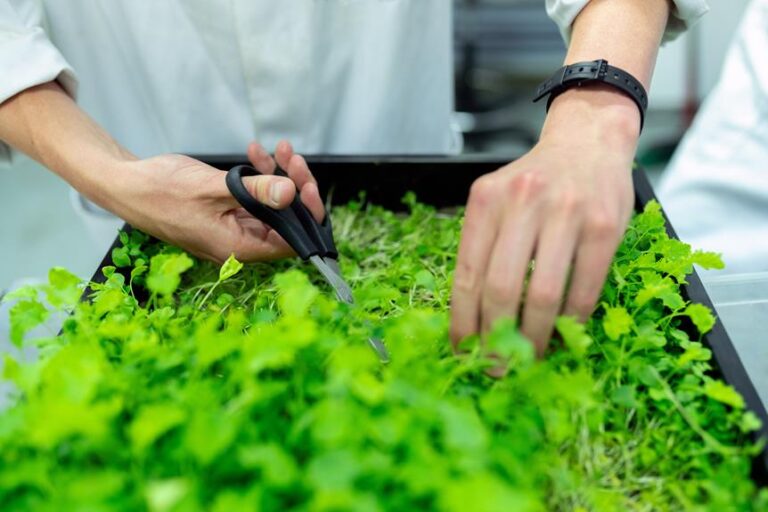Three Eco-Friendly Replacements for Plastic Bags
Did you know that over 1 trillion plastic bags are used worldwide every year? That’s a staggering amount of waste! But don’t worry, we’ve got you covered. In this article, we will introduce you to three eco-friendly replacements for plastic bags that will help you reduce your carbon footprint and contribute to a healthier planet.
So let’s dive in and discover the reusable grocery bags, compostable bags, and biodegradable bags that will make a positive impact on our environment.
Together, we can make a difference!
Reusable Grocery Bags
To start our discussion on reusable grocery bags, let’s explore the benefits of using them instead of plastic bags. There are several advantages of using reusable grocery bags.
Firstly, they’re more environmentally friendly as they reduce the amount of plastic waste produced. By using reusable bags, we can help protect our planet and reduce pollution.
Additionally, reusable grocery bags are sturdier and can carry heavier loads, making them a more practical choice.
When choosing the right reusable grocery bags, there are a few tips to keep in mind. Look for bags made from durable materials like canvas or recycled plastic. Opt for bags with reinforced handles and a flat bottom for added stability. Consider the size of the bag based on your shopping needs.
Compostable Bags
Compostable bags offer a sustainable alternative to plastic bags for those looking to reduce their environmental impact. These bags are made from organic materials, such as cornstarch or vegetable oils, that break down naturally in composting systems.
One of the advantages of compostable bags is that they can be easily composted along with food scraps and other organic waste. This reduces the amount of waste sent to landfills and helps to divert organic materials from the waste stream.
In addition, compostable bags don’t contribute to microplastic pollution, which is a major concern with traditional plastic bags. By choosing compostable bags, individuals can make a positive impact on waste management and contribute to a more sustainable future.
Biodegradable Bags
Moving on from compostable bags, another eco-friendly replacement for plastic bags is biodegradable bags. These bags are designed to break down naturally over time, reducing their environmental impact.
Biodegradable bags are made from materials such as plant starches, PLA (polylactic acid), or PBAT (polybutylene adipate terephthalate), which are derived from renewable resources. Unlike plastic bags that can take hundreds of years to decompose, biodegradable bags can break down in a matter of months or years, depending on the specific material used. This makes them a more sustainable alternative for single-use bags.
However, it’s important to note that biodegradable bags still require proper disposal. If they end up in landfills where there’s limited oxygen and sunlight, they may not decompose as intended. Therefore, it’s crucial to dispose of biodegradable bags in designated composting facilities to ensure their full environmental benefits are realized.
Mesh Produce Bags
Using mesh produce bags is a practical and sustainable alternative to plastic bags. These bags are made from lightweight and breathable fabric, allowing your produce to stay fresh for longer periods while reducing the need for single-use plastic bags.
Mesh produce bags aren’t only eco-friendly but also reusable, making them a great addition to a zero waste lifestyle. By using these bags, you can contribute to the reduction of plastic waste in our environment.
Additionally, mesh produce bags can be a stylish and sustainable fashion accessory. They come in various sizes and designs, allowing you to choose a bag that suits your personal style.
Paper Bags
One of the most widely available and versatile eco-friendly replacements for plastic bags is paper bags.
Paper bags are made from renewable resources such as trees and can be recycled, making them a sustainable packaging option.
Unlike plastic bags, paper bags have a lower environmental impact as they break down more easily in landfills and are biodegradable.
Additionally, paper bags can be reused multiple times, reducing the need for single-use bags. They’re also sturdy and can hold heavy items, making them suitable for groceries and other shopping needs.
When choosing paper bags, it’s important to opt for those made from recycled materials and produced using sustainable practices.
Conclusion
There are several eco-friendly alternatives to plastic bags that can help mitigate the negative environmental impacts associated with their use. Reusable grocery bags, compostable bags, and biodegradable bags are all viable options that offer convenience while reducing waste.
For instance, a case study conducted in a supermarket chain showed that by implementing reusable grocery bags, the amount of plastic bag waste decreased by 70% within six months, resulting in a significant reduction in overall carbon emissions.
Making the switch to these alternatives is a simple yet impactful step towards a greener future.






